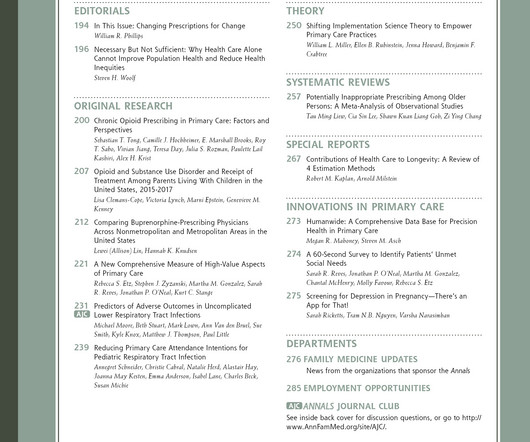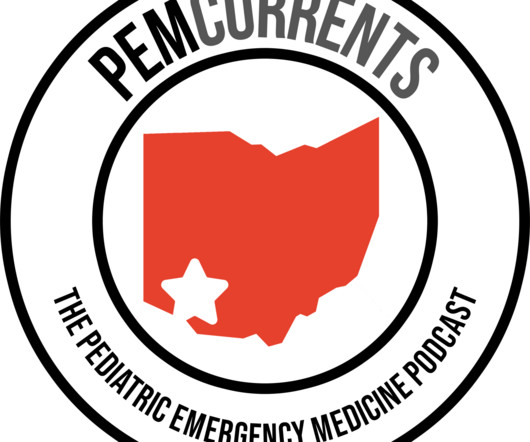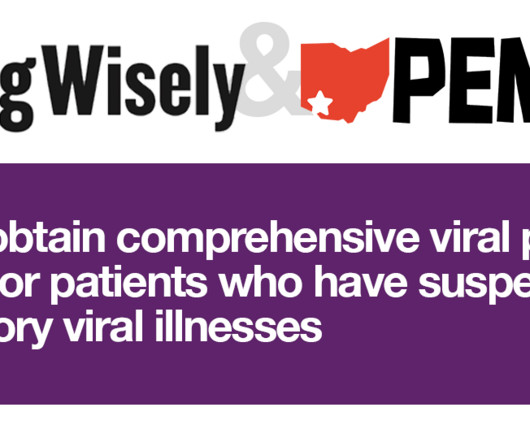Project ECHO Rheumatology - Rationale and Results from a Multi-Method Study to Capture Impact [Musculoskeletal and rheumatology]
Annals of Family Medicine
NOVEMBER 20, 2024
Qualitative and quantitative data pertaining to provider self-efficacy, satisfaction, knowledge, and practice change have been rigorously collected since its inception. Clinicians from rural and Northern Ontario particularly benefited as access to specialists in their areas was sparse to none.




















Let's personalize your content